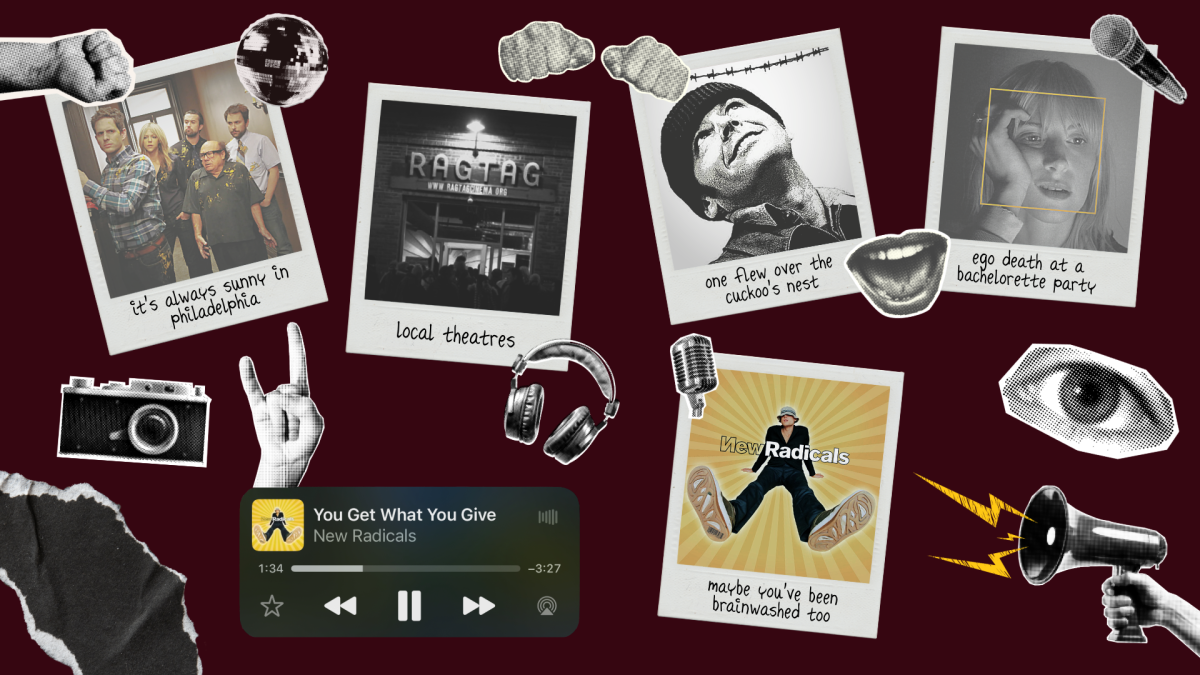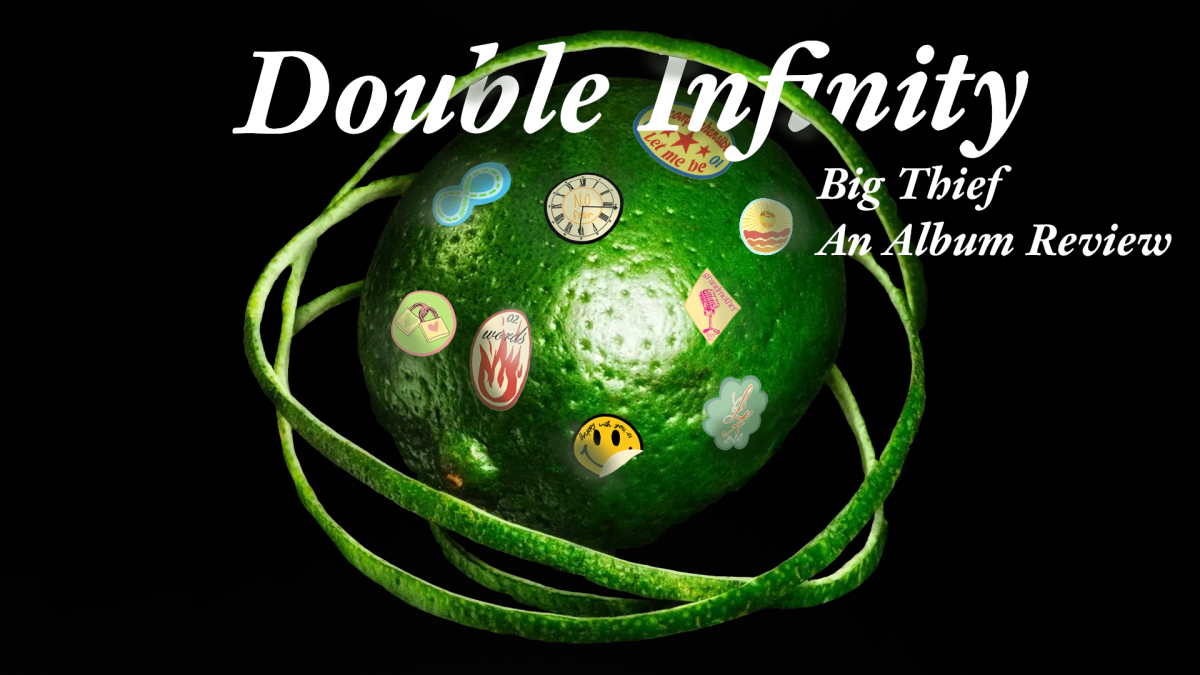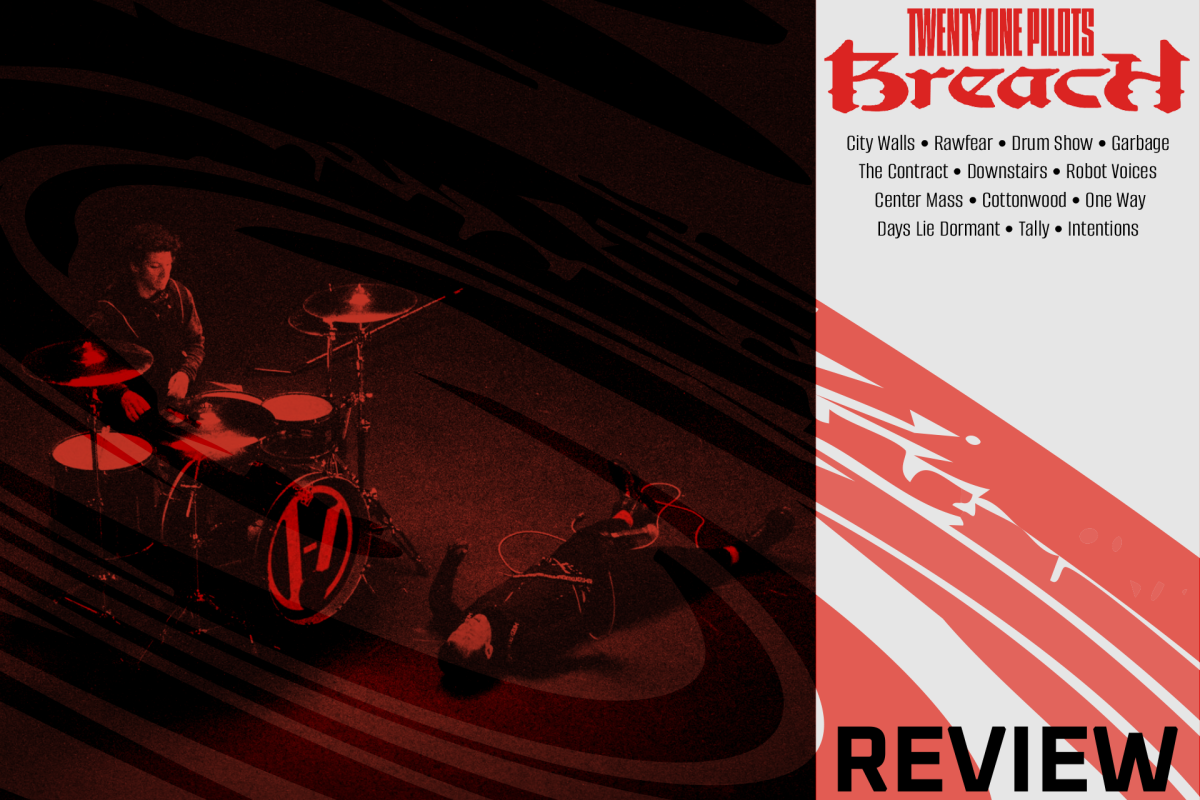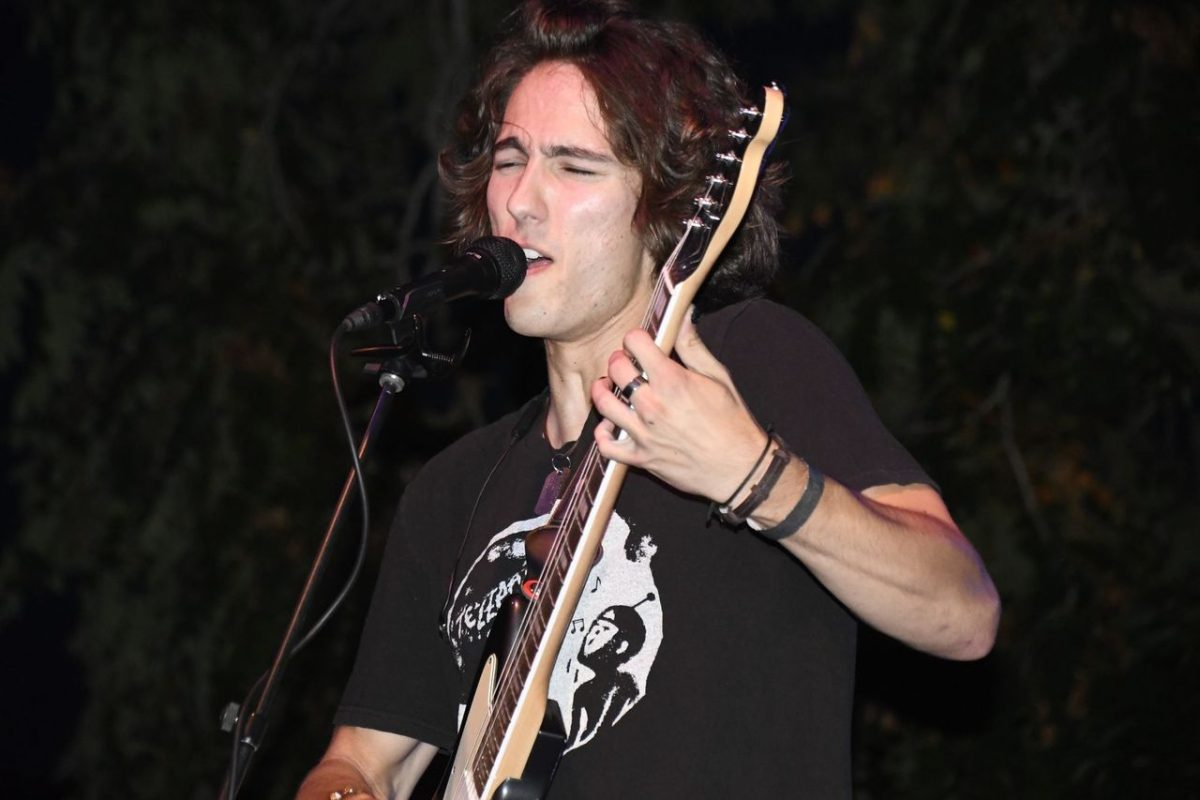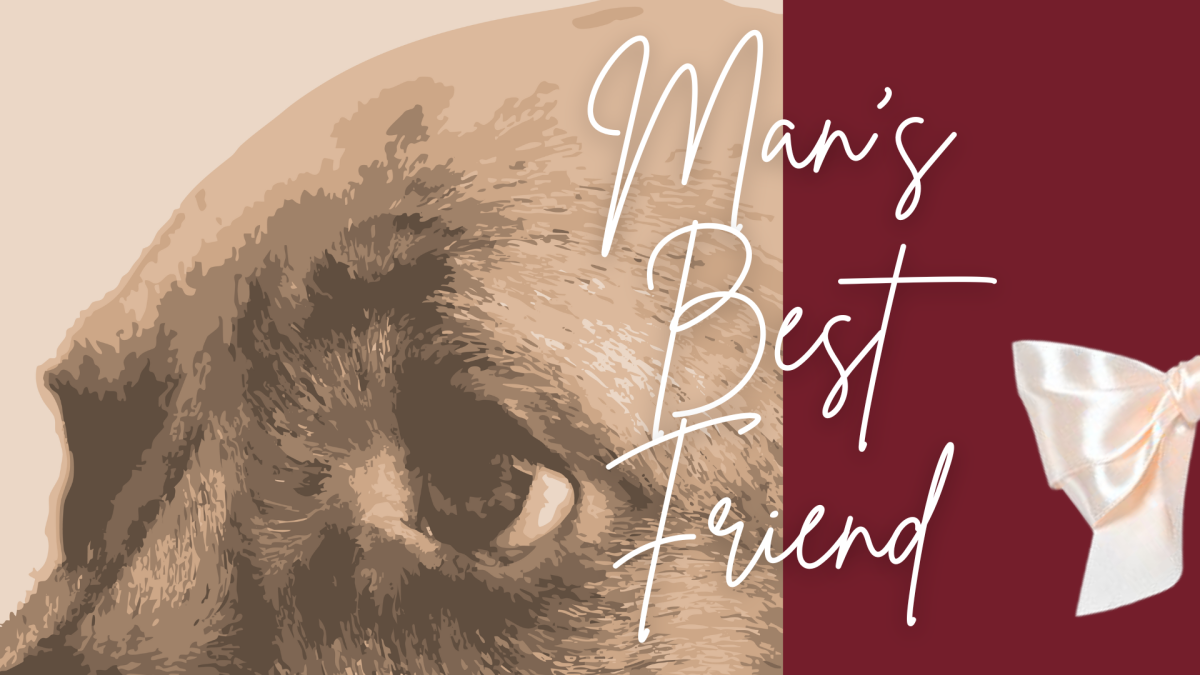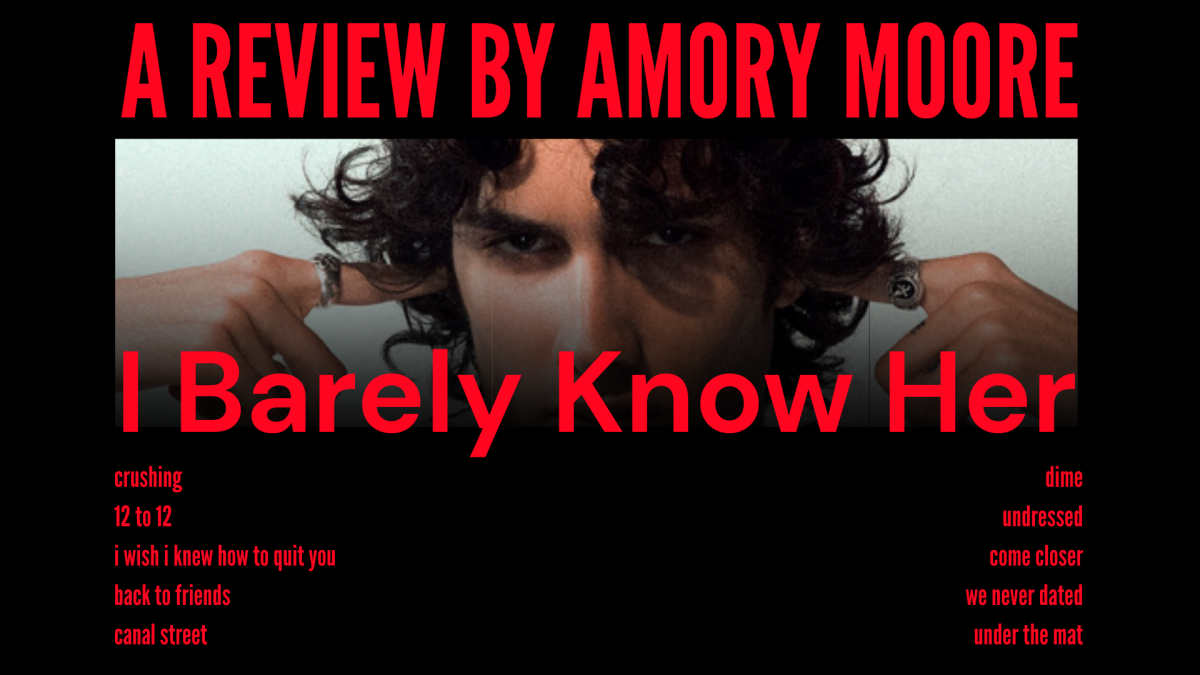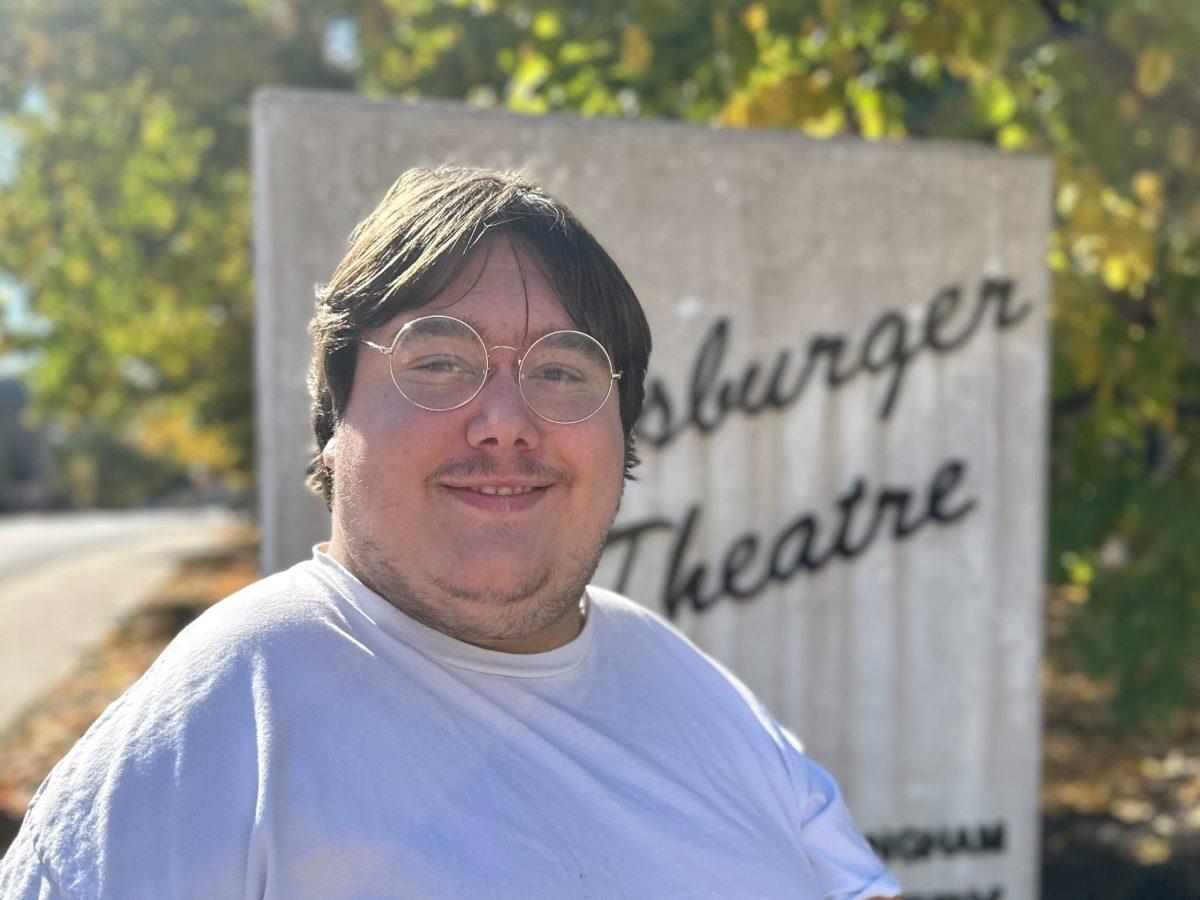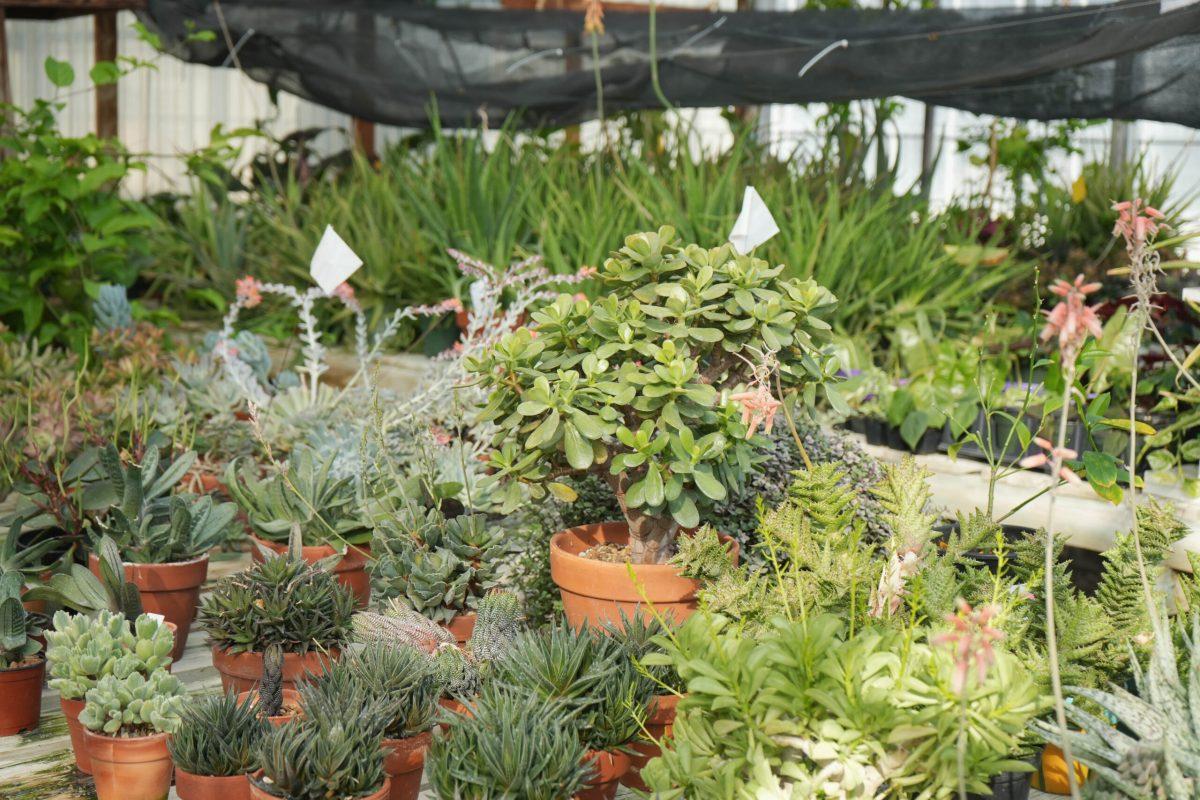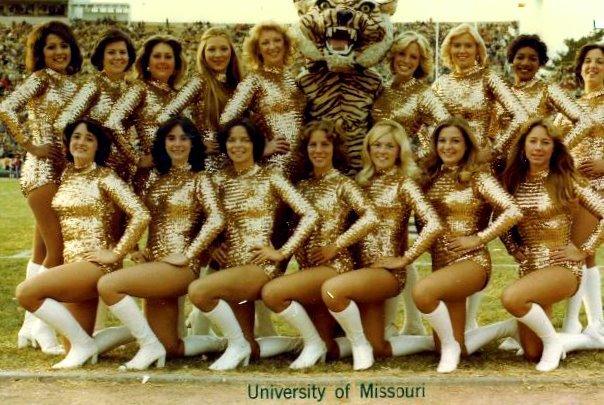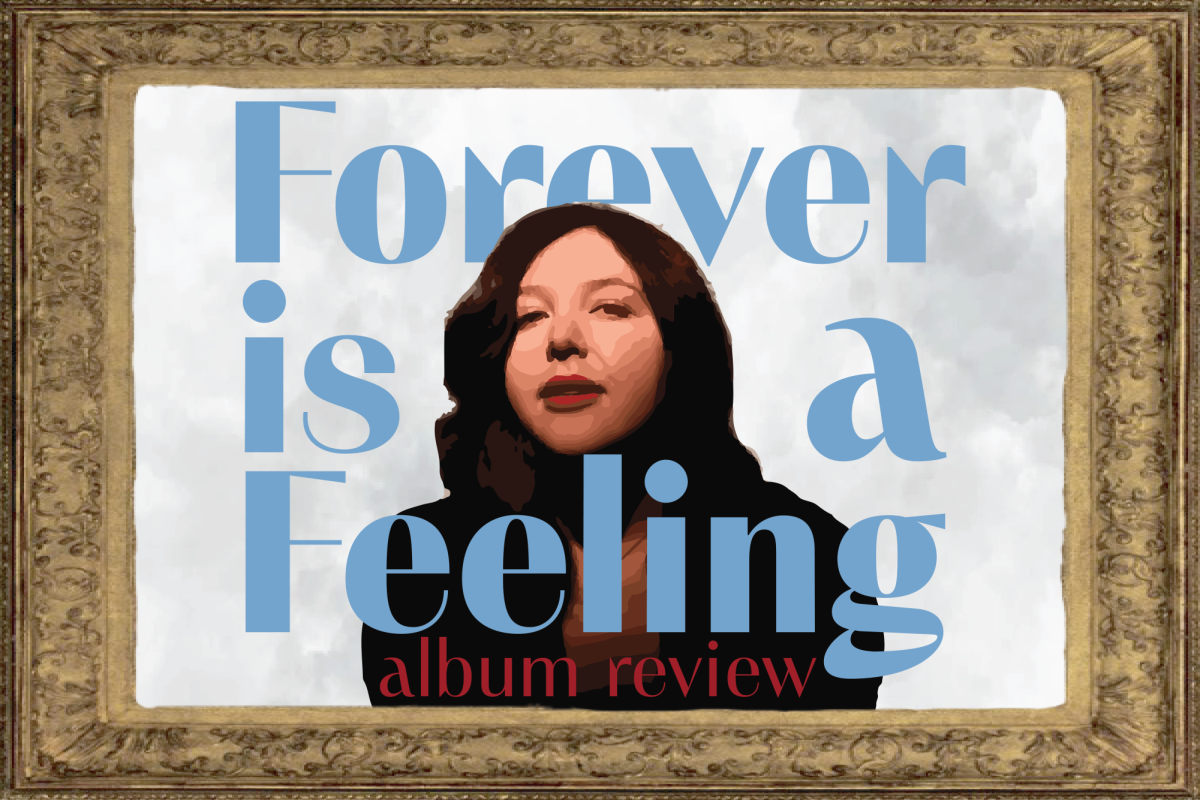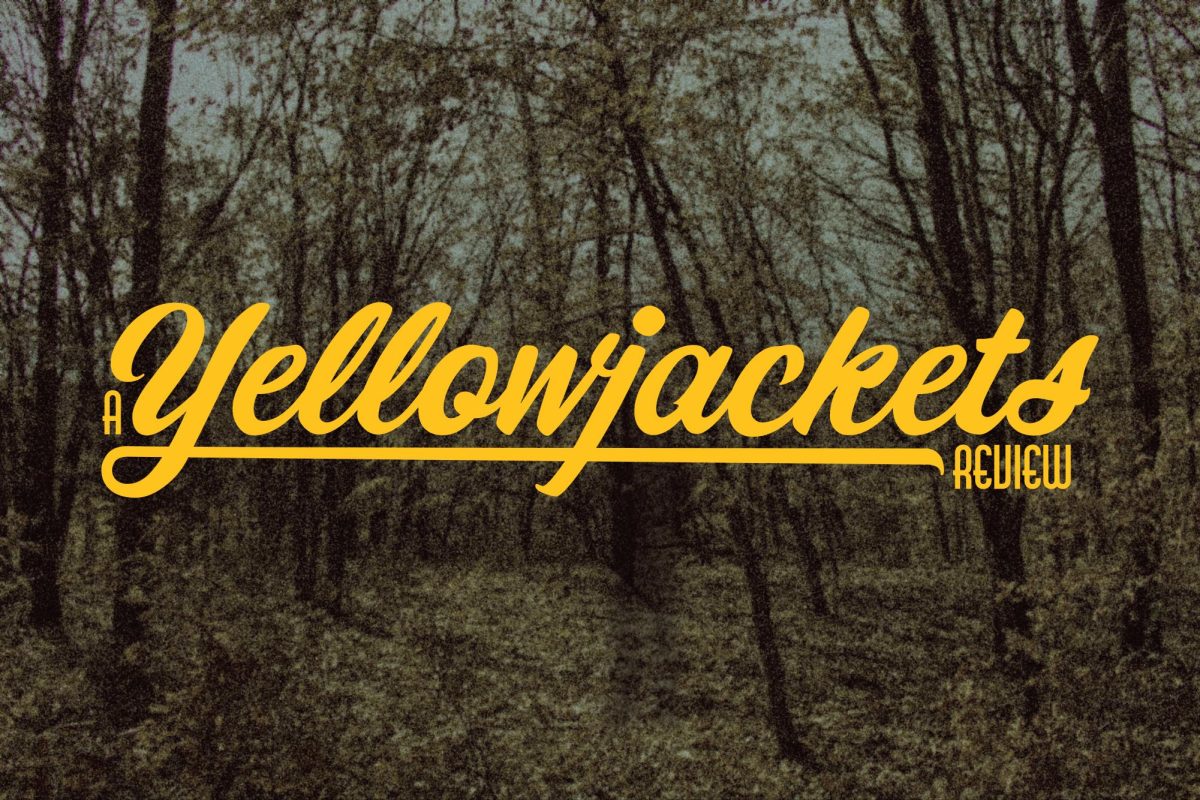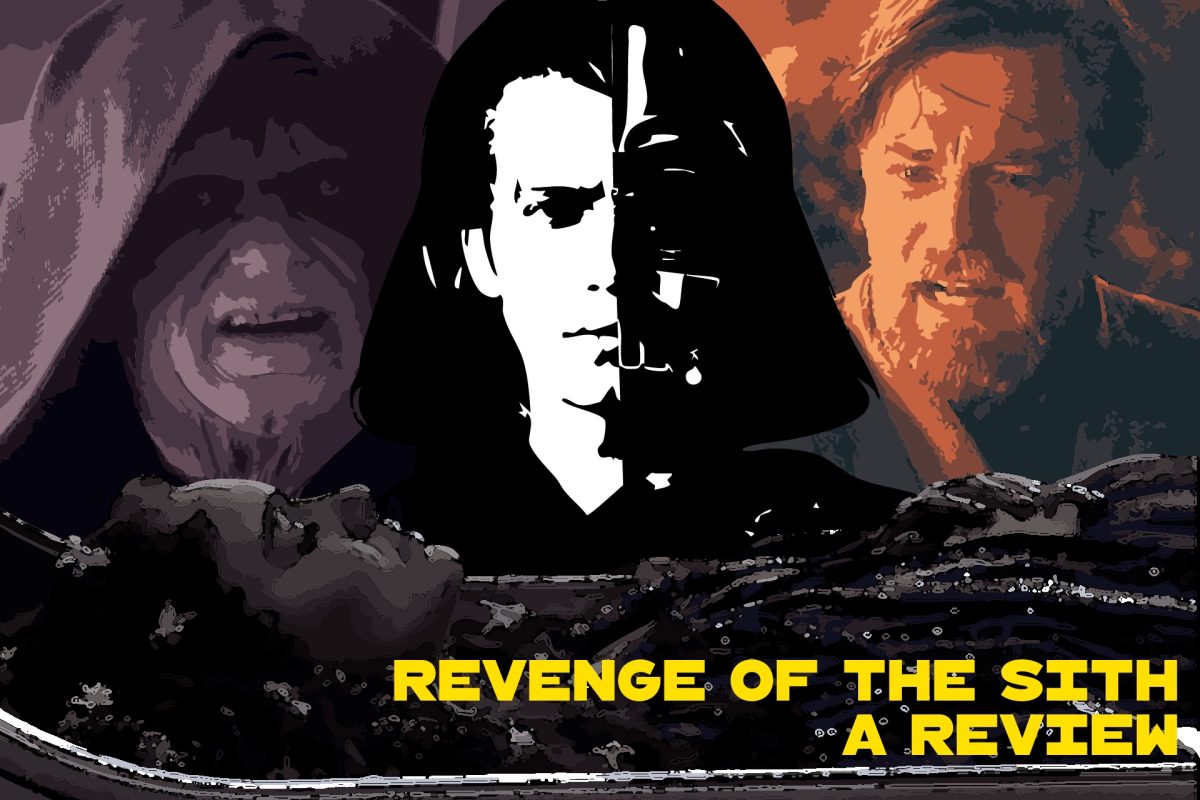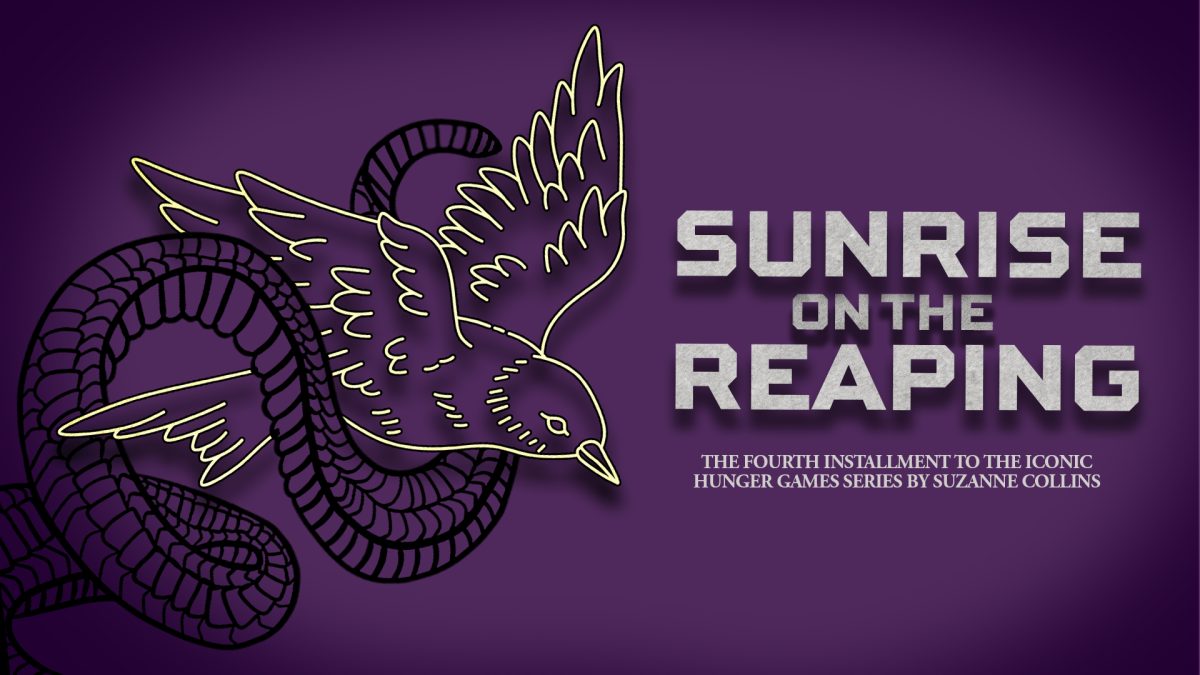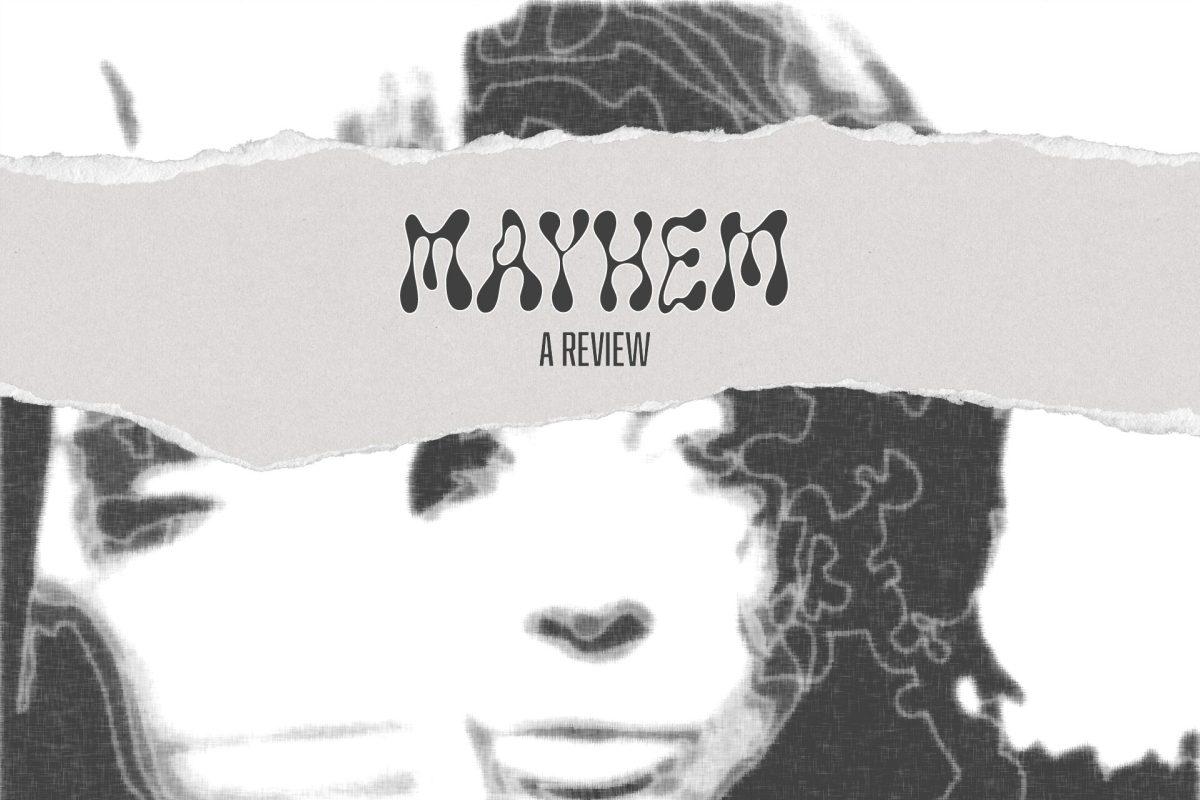Svitlana Synkovska shared her story of escaping war-torn Ukraine with her family, assisting her fellow refugees and advocating for her country in the United States.
Content warning: This article contains mentions of the ongoing war in Ukraine.
“Momma, wake up! War has started!”
In late Feb. 2022, Svitlana Synkovska woke up to shouting and her 14-year-old son in tears at her bedside. She knew Russia had made threats about invading Ukraine in the past, but she never thought they would.
Synkovska is a Ukrainian refugee and journalist, who graduated with a Master of Science in International Economics from Dnipro State University. Synkovska now uses her voice to spread information about the current economic threats facing Ukraine. Hosted by MU’s International Programs, she visited MU on Feb. 9 to give a presentation on Ukraine’s food security and postwar recovery plans. She also discussed her personal experience in the conflict.
“Russia and Ukraine, we are brother nations,” Synkovska explained. “We never believed our brothers could go and start to kill us.”
Russia first invaded Ukraine on Feb. 24, 2022. Within the first four months of the war, Russia seized control of nearly 20% of Ukraine’s territories. Since Russia’s invasion, over 4.8 million Ukrainians have filed for protections in Europe, while over 19 million Ukraininans have crossed into other countries, as of Feb. 28, 2023.
When Russia first invaded, Synkovska spent two days attempting to convince her 76-year-old mother to leave Ukraine, to no avail. Once the Russian army seized a power plant 40 miles away from her home, Synkovska knew she had to make the decision to leave or stay.
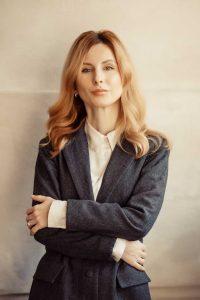
Shortly after, her family of four packed their bags and began the dangerous journey to leave Ukraine on an evacuation train.
The ride from Dnipro to Lviv took 20 hours in total. Eighteen Ukrainian refugees traveled in a wagon designed for four, covered in complete darkness, with light or noise strictly forbidden. Muffled crying and the quiet shuffling of feet could be heard throughout the trip. As they passed the town of Bila Tserkva, shelling and explosions were heard in the distance, yet the refugees could not make a sound.
“I’d never been in such a concentration of human pain,” Synkovska recalled. “People from different financial, social and economical backgrounds, all put together like fishes on this train.”
When Synkovska and her family arrived in Lviv, they were taken to the Zavod Shelter. The following day, Synkovska secured bus tickets for her family to Krakow, Poland.
Once they reached the Polish border, Synkovska and her family waited 13 hours to be seen by Polish authorities, stuck in the long line of refugees hoping to pass through the border safely.
“I was sitting on the bus and watching thousands of people crossing the border on foot,” Synkovska said. “Old, young, with pets and babies, on wheelchairs — in the cold, dark night, all escaping the war.”
After Synkovska and her family were accepted by Polish customs, they were brought to a small room with the other refugees, where they were given a meal of tea and cheese sandwiches. It was their first meal as Ukrainian refugees.
As Synkovska peeled open her sandwich, a note fell out. The small paper held only a few words written by a Polish child. It detailed the contents of her food, the writing small and disorganized. And yet, as Synkovska looked upon the scribbled words, she began to cry for the very first time since leaving her home.
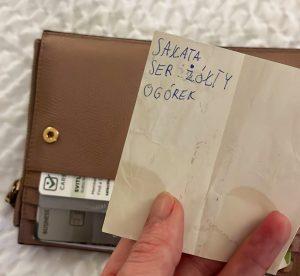
During Synkovska’s presentation, she explained how Russia’s actions have negatively affected the Ukrainian environment. For example, Russia has created 1 trillion hryvnia worth of air pollution within Ukraine’s borders during the war’s first year alone. The hryvnia is a Ukrainian currency, valued at 36.93 per one U.S. dollar. In the summer of 2022, the Russian army single handedly destroyed over 30 million acres of agricultural land within Ukraine.
According to Synkovska’s presentation, Russian soldiers have targeted the crucial farming machinery and agricultural infrastructure needed to harvest crops by way of fire and shelling. Despite this, Ukrainian farmers risk their lives in order to plant and harvest the pivotal crops needed to continue feeding Ukraine’s people.
“Russia underestimated us because they always looked on Ukraine as the younger, weaker brother. So from them, it was a shock when we started to resist,” Synkovska said. “When they have seen these people — barefoot, no ammunition — trying to stop tanks. When they have seen the resistance of simple, ordinary people in the villages.”
Regarding Ukraine, the country known as the “breadbasket” of Europe has reshaped its identity again and again in its fight for independence throughout history.
“The Ukrainians, who voted over 90% for independence [in 1994], were going to fight — tooth and nail — to keep Russia from absorbing them with no provocation.” Professor Russell Zguta said, a native Ukrainian who studies medieval Russia at MU.
In fact, Ukraine has begun preparing a lawsuit that looks to hold Russia accountable for the damages they have caused to Ukraine’s assets.
“If nothing else, Ukraine has been brought to the attention of the world [with] the way the people have responded, the suffering they have endured, [and] the casualties.” Professor Zguta said.
Whereas Synkovska was able to leave Ukraine and settle in the United States with her American husband, that is not the reality for many.
Synkovska uses both of her properties in Ukraine, her country house and apartment in Dnipro, to shelter families not as fortunate as her own. Currently, she houses five displaced Ukrainian families in total — two in the country and three in Dnipro — both areas still under active shelling.
Synkovska now lives in Herriman, Utah. While she works to navigate her own healing journey, Synkovska continues to use every chance that she gets to speak about Ukraine and advocate for its people by bringing knowledge to American citizens.
“You wake up every morning and think, what can I do for my country?” Synkovska said. “I’m very thankful for any opportunity here to speak up to remind (people) about Ukraine, because when people see a face, when people hear an exact voice, war already has a face. Ukraine has a voice — it has my voice.”
And although the conclusion to the war remains unknown, Ukraine has made a name for itself — one of strength, resilience and bravery — whether that be from surviving famine, taking arms against attempted dictatorship or the unity of its ordinary civilians to protect their home.
Edited by Egan Ward | [email protected] and Savvy Sleevar | [email protected]
Copy edited by Sterling Sewell and Mary Philip


